Australia and New Zealand, two nations with rich cultural diversity and thriving economies, share a special bond that extends beyond their geographic proximity. This connection also translates to their education systems, where qualifications obtained in one country are recognized as equivalent in the other. The partnership is underscored by the Trans-Tasman Mutual Recognition Arrangement (TTMRA) and the Closer Economic Relations Trade Agreement (CER), fostering a seamless flow of skilled professionals between the two nations. We explore the significance of this equivalence and how it opens up new horizons for educational and career prospects.
Equivalence of Qualifications:
Both Australia and New Zealand have robust systems for evaluating qualifications. The New Zealand Qualifications Authority (NZQA) and the Australian Government Department of Education, Skills, and Employment work in tandem to ensure that qualifications obtained in one country are accepted and valued in the other. This mutual recognition facilitates a smoother transition for students and professionals seeking opportunities across the Tasman Sea. Whether it’s pursuing higher education, vocational training, or seeking employment, individuals can confidently present their qualifications, knowing they hold weight in both nations.
Table: Comparison of Framework Levels
Reference: How Australian and NZ qualifications compare :: NZQA https://www2.nzqa.govt.nz/international/recognition-arrangements/countries/australia-nz/
Enhancing Trade and Collaboration:
The recognition of qualifications between Australia and New Zealand is a testament to their shared commitment to promoting collaboration and fostering economic growth. The Closer Economic Relations Trade Agreement (CER) has been a cornerstone of the trans-Tasman relationship, eliminating barriers to trade and encouraging economic integration. The Trans-Tasman Mutual Recognition Arrangement (TTMRA) complements CER by enabling the mobility of skilled workers, creating a larger talent pool for both countries. This harmonious arrangement not only drives economic benefits but also enriches cultural exchange and promotes the sharing of expertise in various fields.
Benefiting Students and Professionals:
The equivalence of qualifications offers myriad advantages for students and professionals alike. Students aspiring to study abroad can choose from a broader range of institutions and courses, enhancing their learning experience. Graduates, armed with recognized qualifications, can access a broader job market across both Australia and New Zealand. Additionally, professionals seeking to expand their careers can explore opportunities in different industries without having to go through time-consuming requalification processes. This ease of mobility fosters a dynamic workforce, fueling innovation and growth.
The equivalence of Australian and New Zealand qualifications is a testimony to the strong ties between these neighbouring nations. It not only facilitates seamless educational pathways but also bolsters economic collaboration and enhances the professional prospects of students and skilled workers. As both countries continue to strengthen their alliance, the recognition of qualifications stands as a shining example of how cooperation can lead to mutual prosperity.





